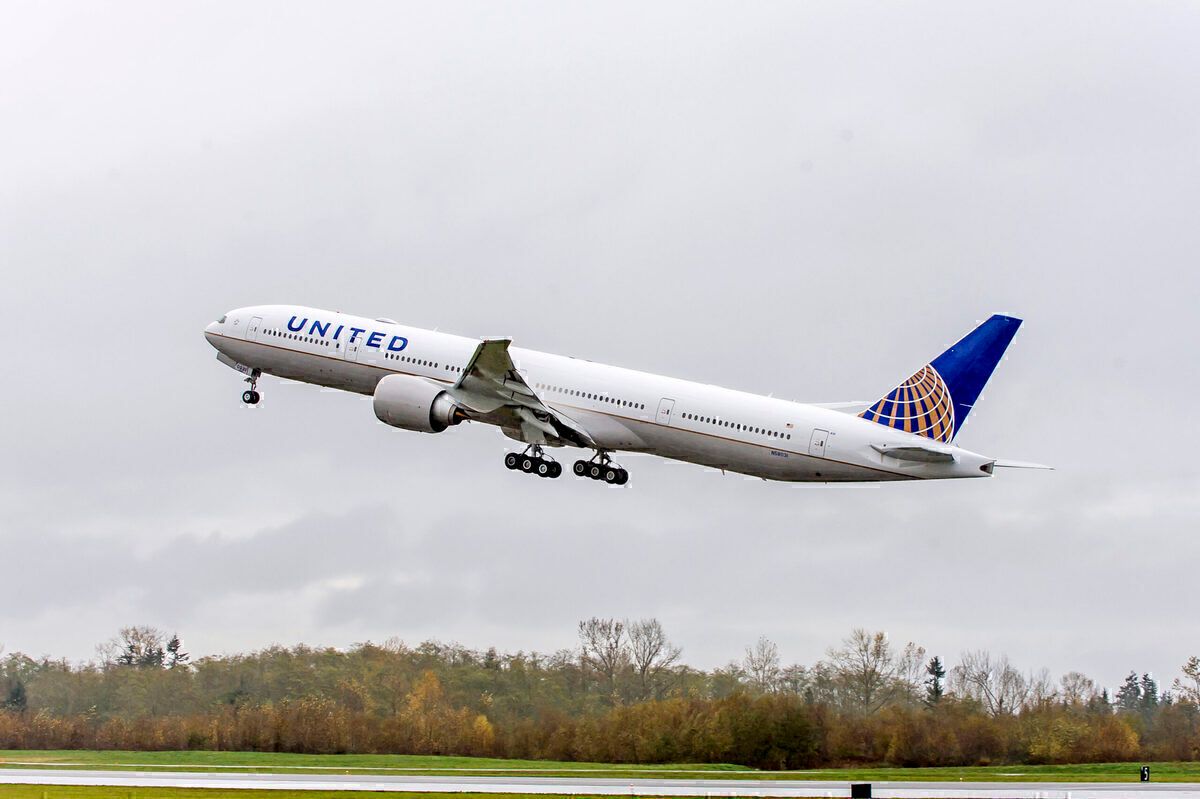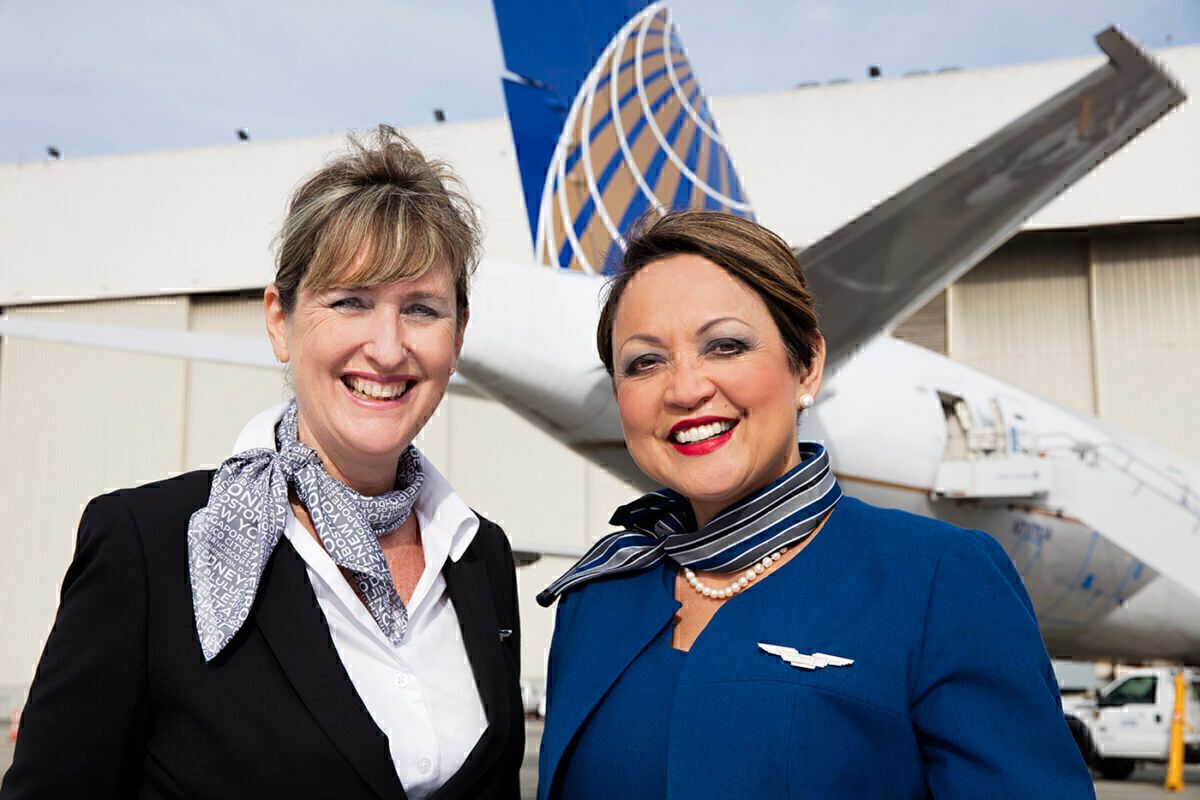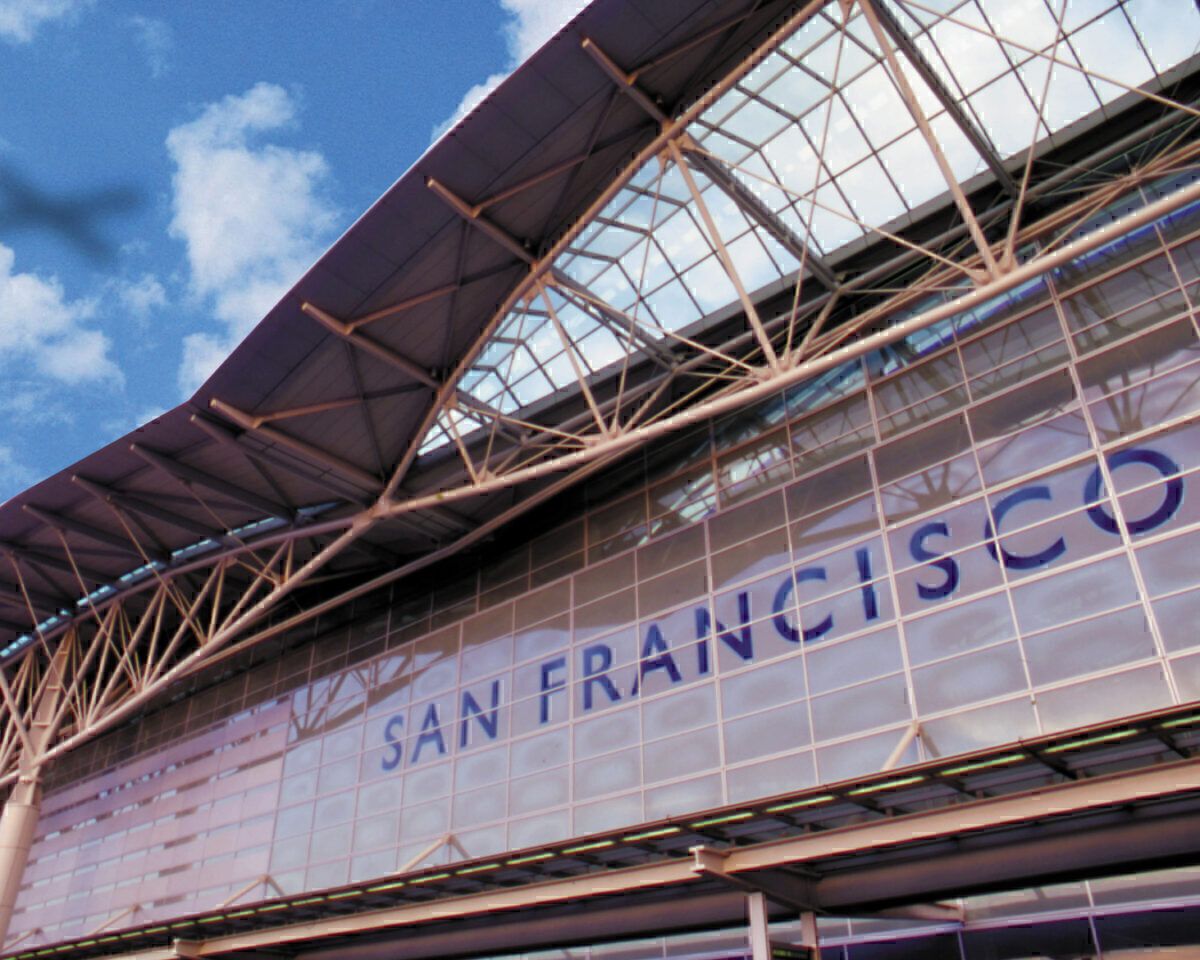United Airlines has a plan to bring any pilots or crew members who test positive for the coronavirus while working on overseas routes. During these days of the global COVID-19 medical emergency, flying has become a complicated affair and especially so to an international destination where mandatory testing and quarantine rules apply.
With reports of new strains of the virus popping up as it mutates, the repatriation to the United States of any crew members who become ill is a delicate subject with many airlines. While working on flights to international destinations, pilots and flight attendants are worried that they could get stuck in a foreign country. Airline employee unions are also worried about what happens when all the crew test negative before departure, and then before returning to the US, one or more of the crew test positive.
Pilots complained about testing
According to the travel industry website Skift The Air Lines Pilots Association, which represents Delta Air Lines and Federal Express pilots, raised the issue back in July after three Federal Express pilots were forced to quarantine in government facilities after testing positive in Hong Kong. At around the same time as this occurred, American and United Airlines stopped flying to Hong Kong after pilots complained of how they were being tested on arrival. Airlines are treading carefully as they need employees to man the lucrative long-haul flights that are still operating.
While most airlines have some plan in place, should it become necessary to repatriate pilots or crew members due to wars, coups, or natural disasters, United Airlines has a strict plan for COVID-19. In a memo seen by Skift titled “International extraction procedure – COVID affected crew member,” United outlines its plan with a strict rule that no infected employee can travel on a flight with passengers.
“If no United aircraft and/or crews are available to conduct the flight … the airline will advise of an alternative extraction, or quarantine-in-place plan,” the memo said.
United is working with Medaire
The five-page memo says the plan comes into force immediately a crew member tests positive or has been in close contact with someone who has tested positive for at least 15 minutes.
If either of the two above situations occurs, the crew member in question will immediately contact airline health guidance company Medaire and United’s chief pilot's office.
Following this, a logistics team will advise the employee what to do next regarding being extracted from their location. If the authorities in the jurisdiction where the employee is does not permit extraction, the employee must then quarantine while being advised by Medaire.
All crew must wear N95 masks
According to the memo:
“Pilots should not go to the airport or leave the hotel until advised by the extraction team.”
When at the airport, all crew must wear N95 masks while the infected United employee boards the plane.
“After readying the aircraft, all operating crew members should ensure they maintain a safe distance of six feet or greater from affected crew members beginning with boarding, and at all other times during the extraction.”
Infected or possible infected employees can only sit in certain sections of the plane and not be approached by other crew members. They have the use of one galley to prepare food and a specially designated bathroom.
“After using the galley for food/beverage prep or trash disposal, affected crewmembers are asked to disinfect their preparation and/or contact areas using alcohol-based sanitizer,” the memo states.
Once the aircraft arrives back in the United States, the infected or potentially infected person is the last person to disembark.
What do you think about United Airlines' plan to bring infected or possibly infected crew home? Please tell us your thoughts in the comments.



